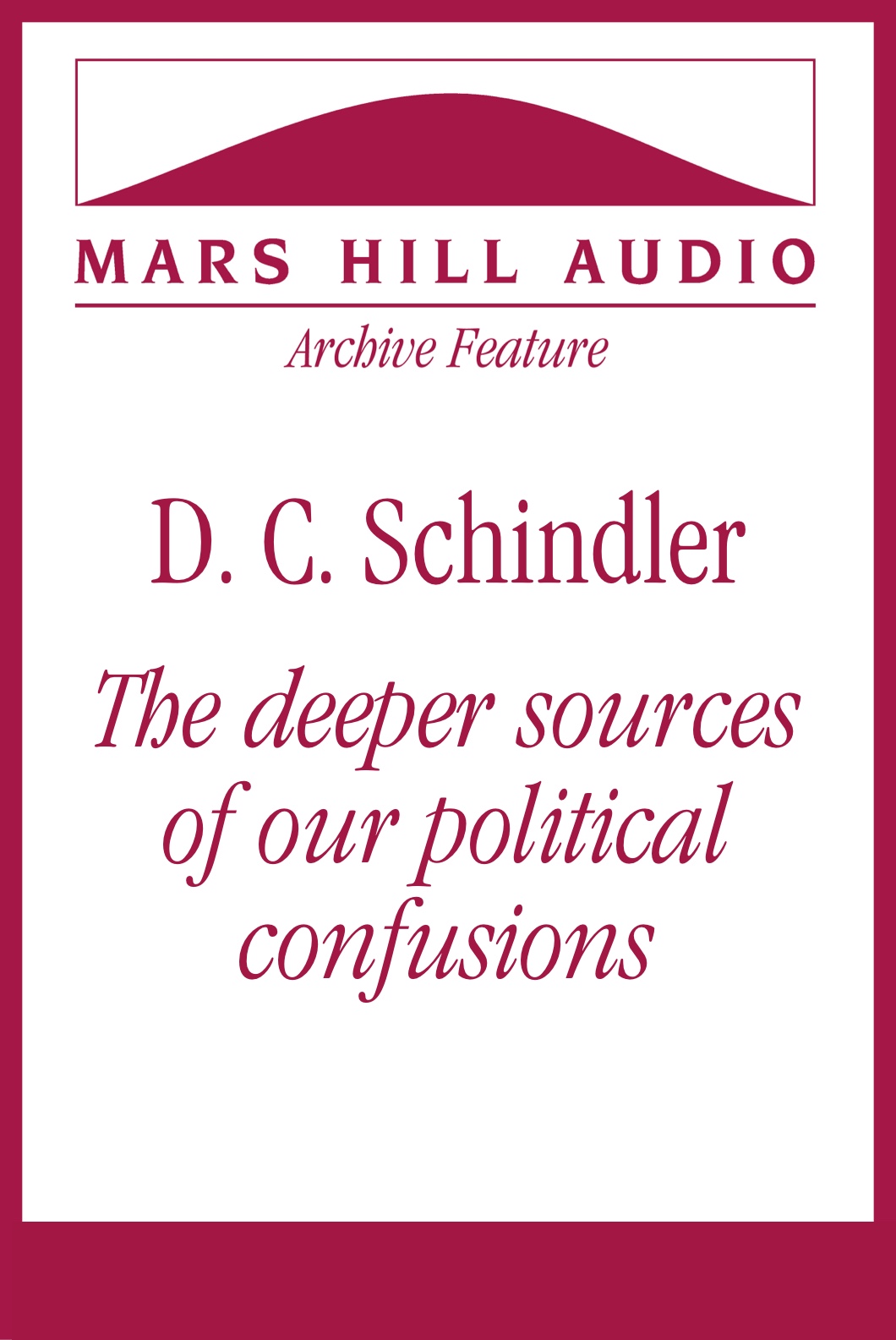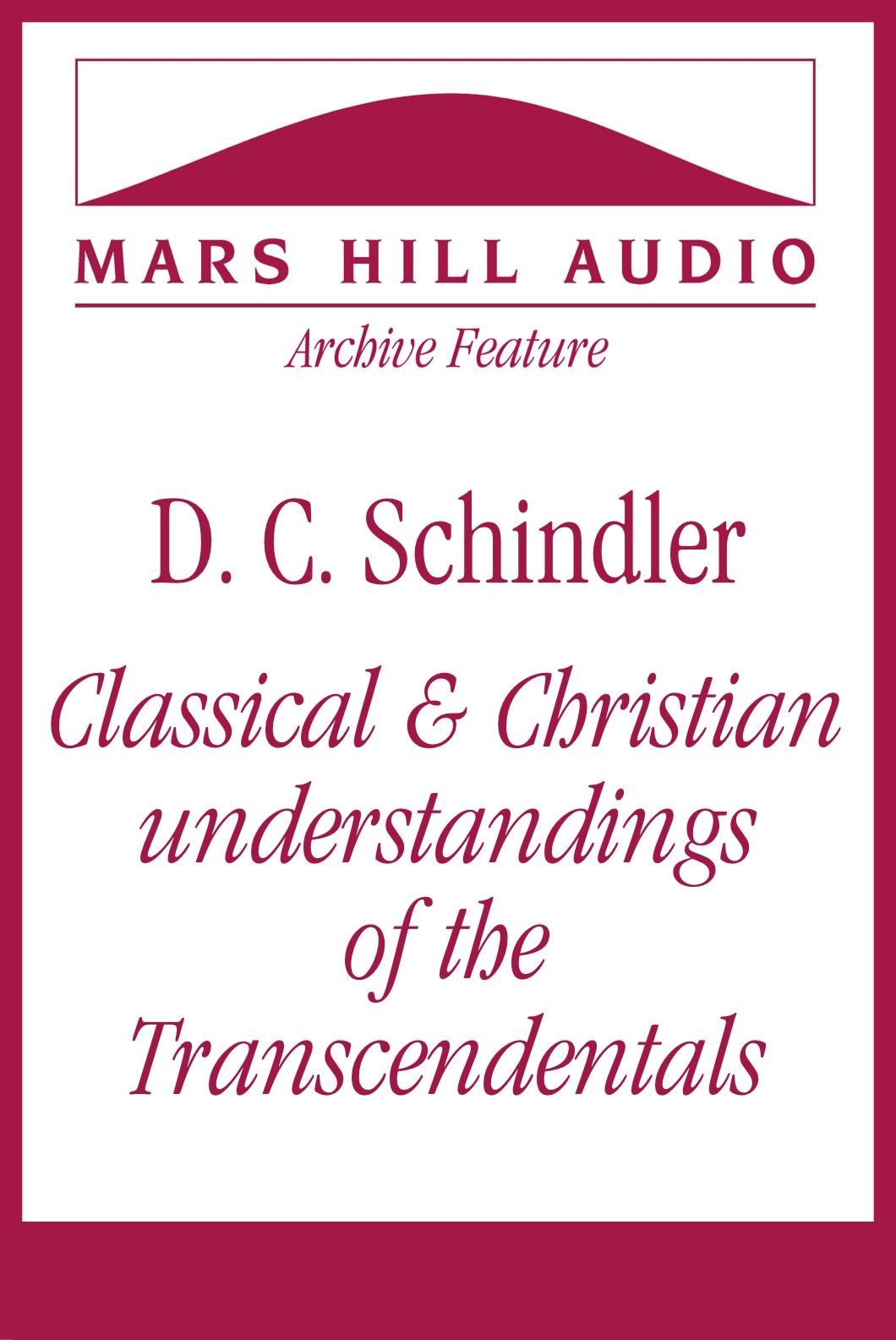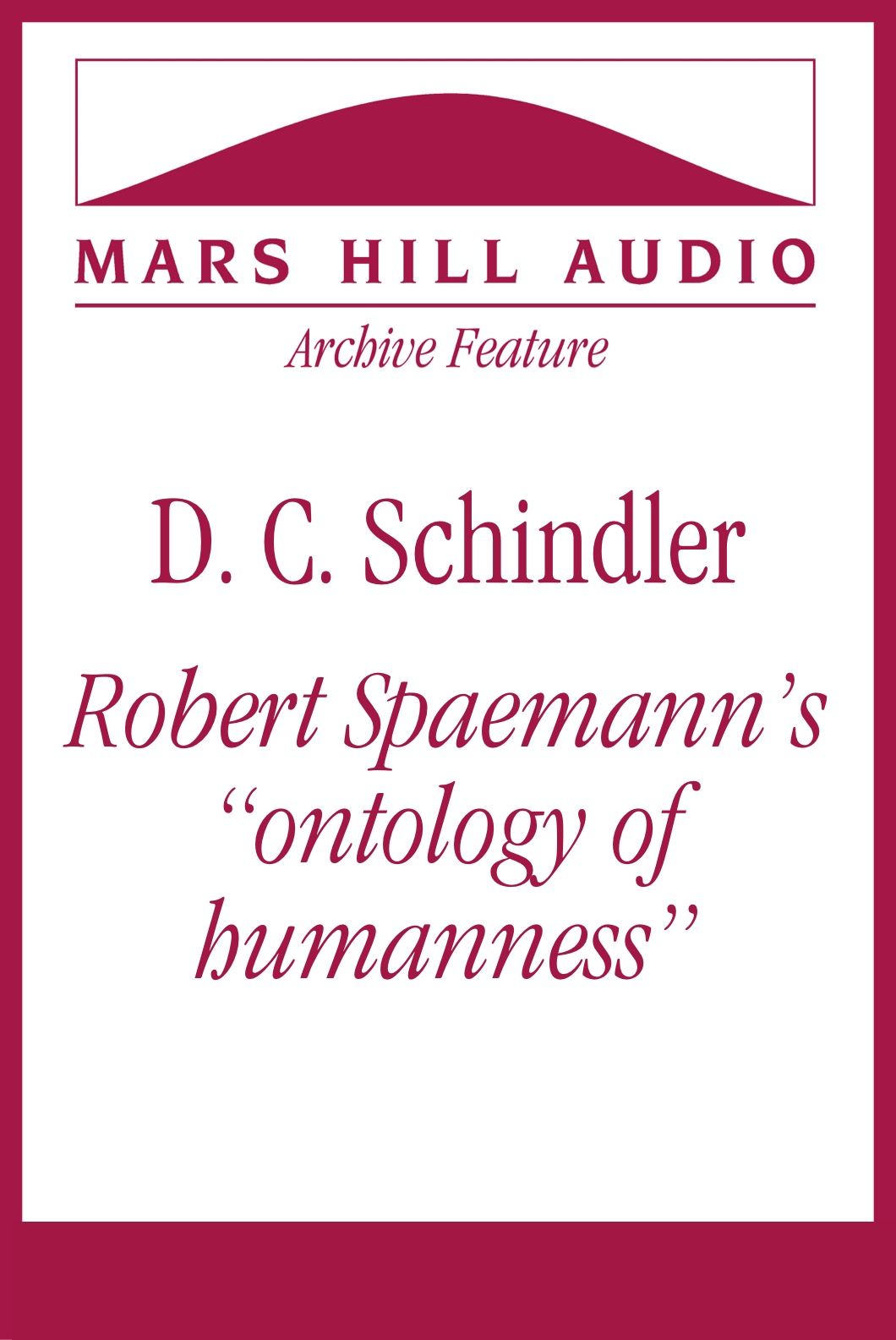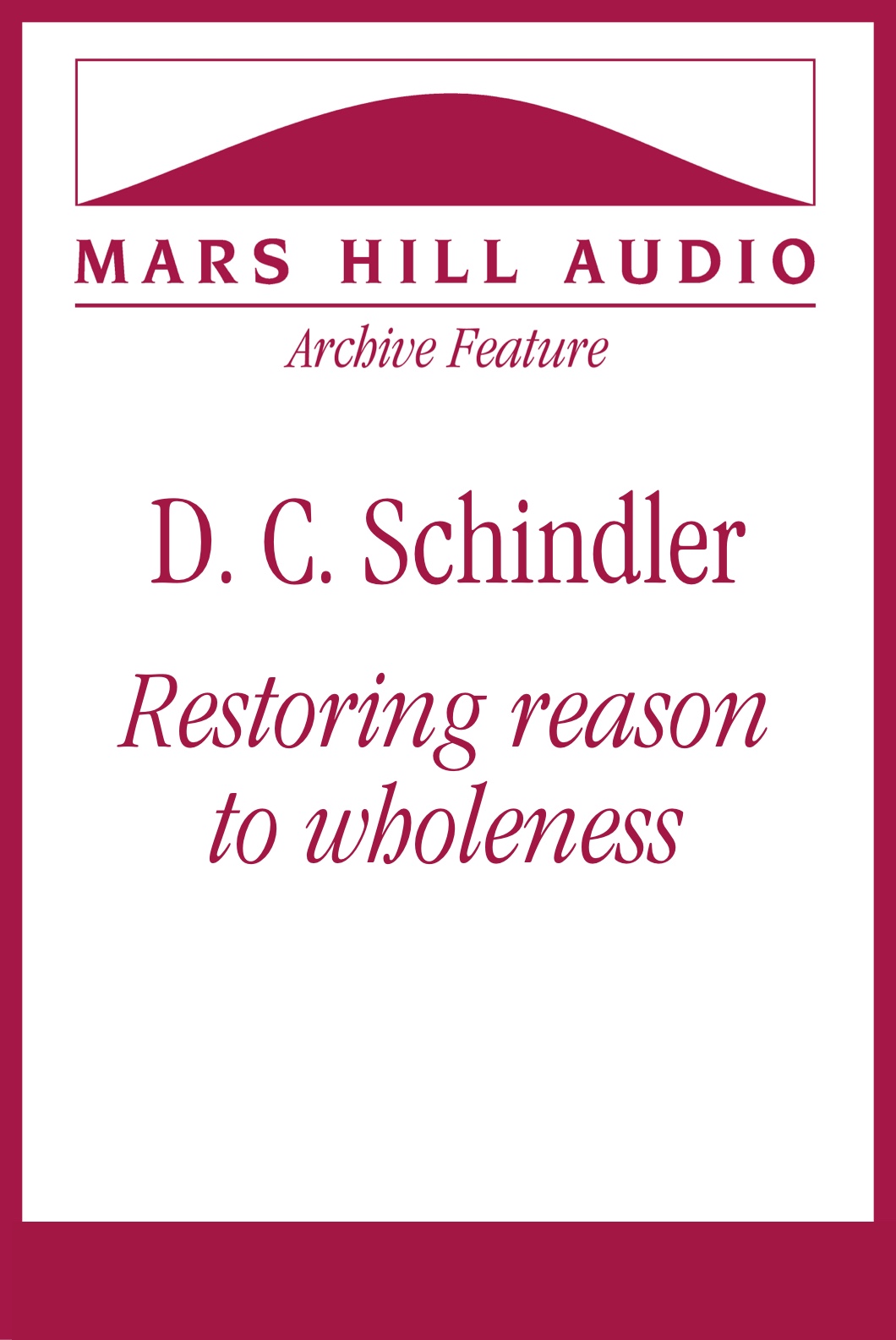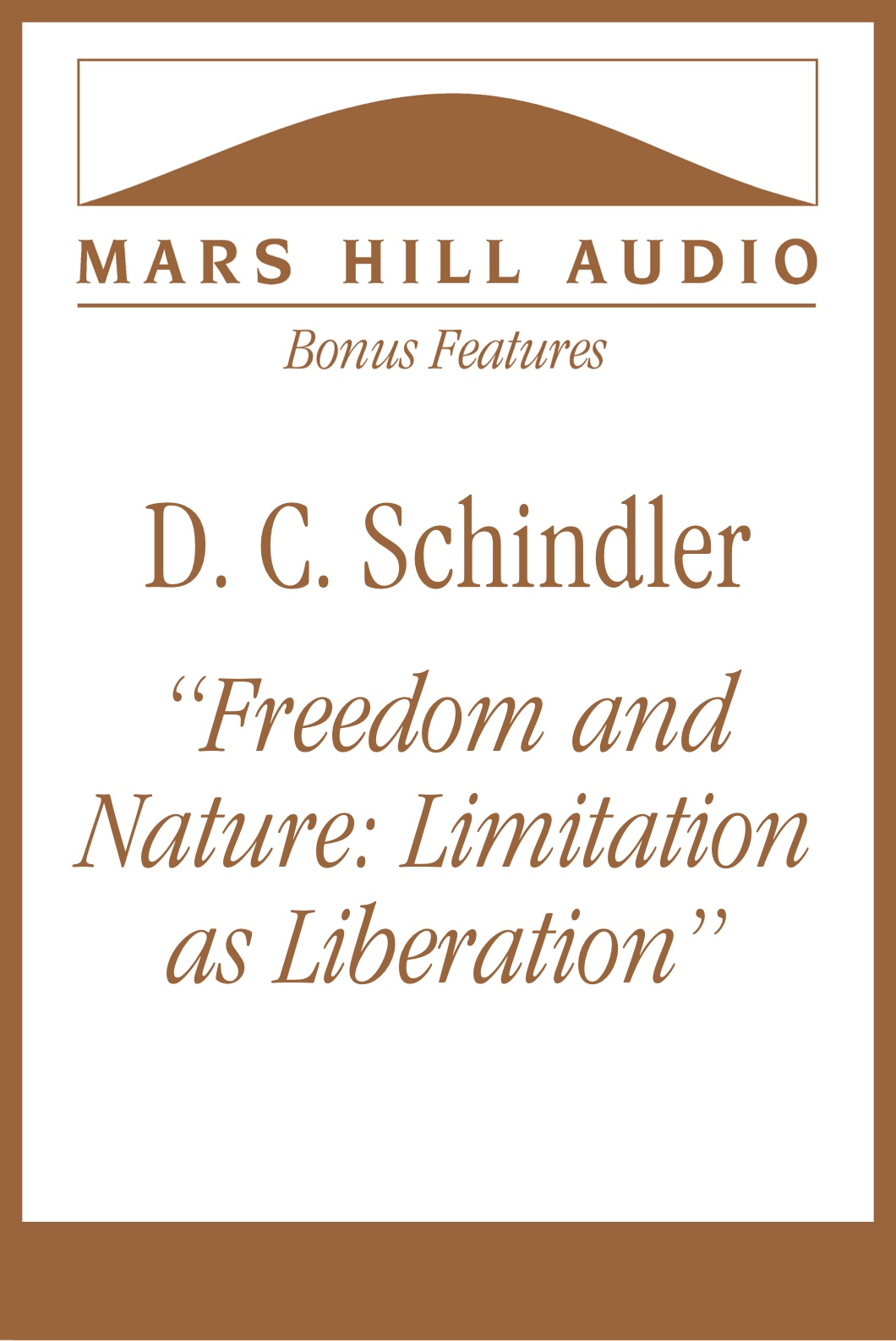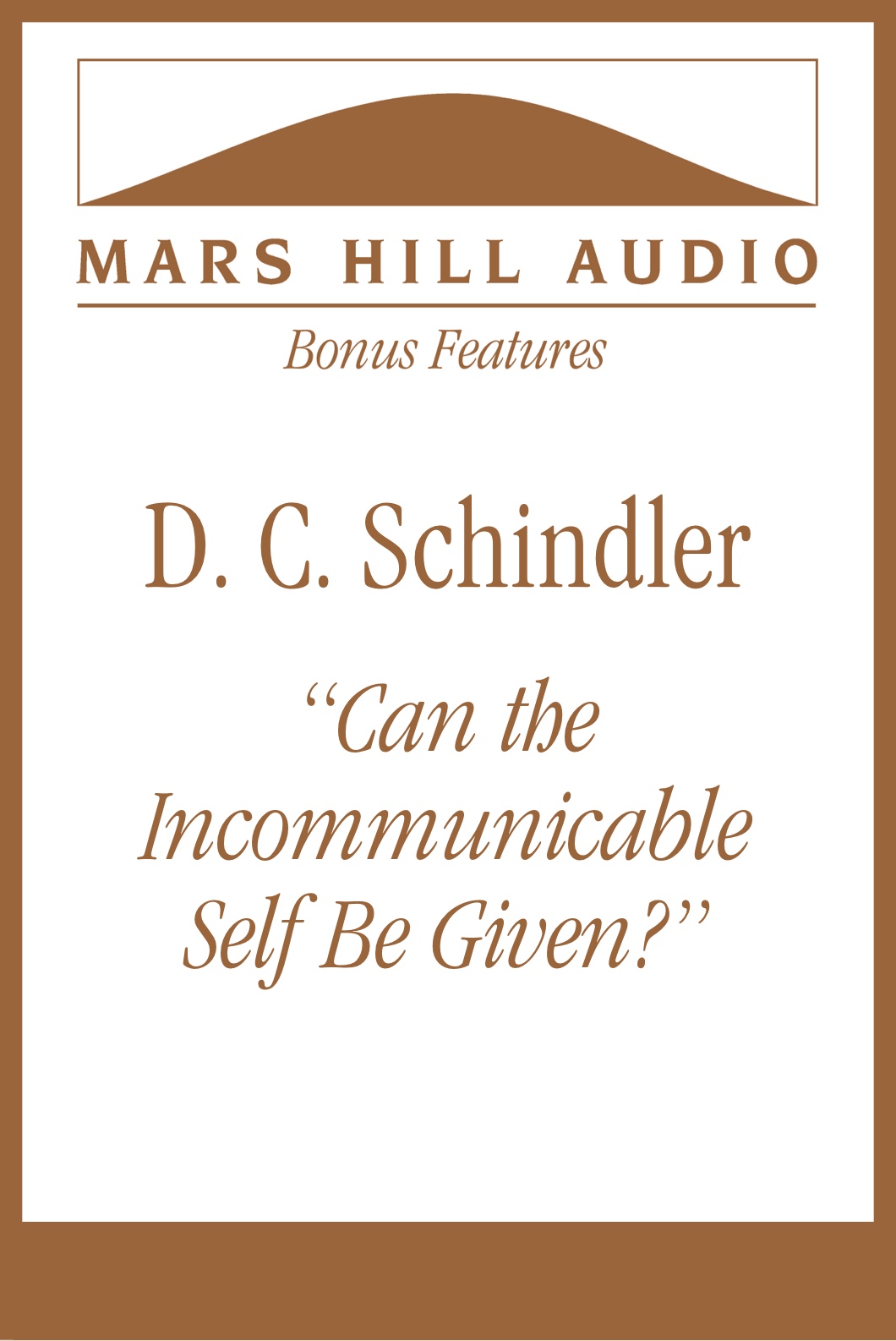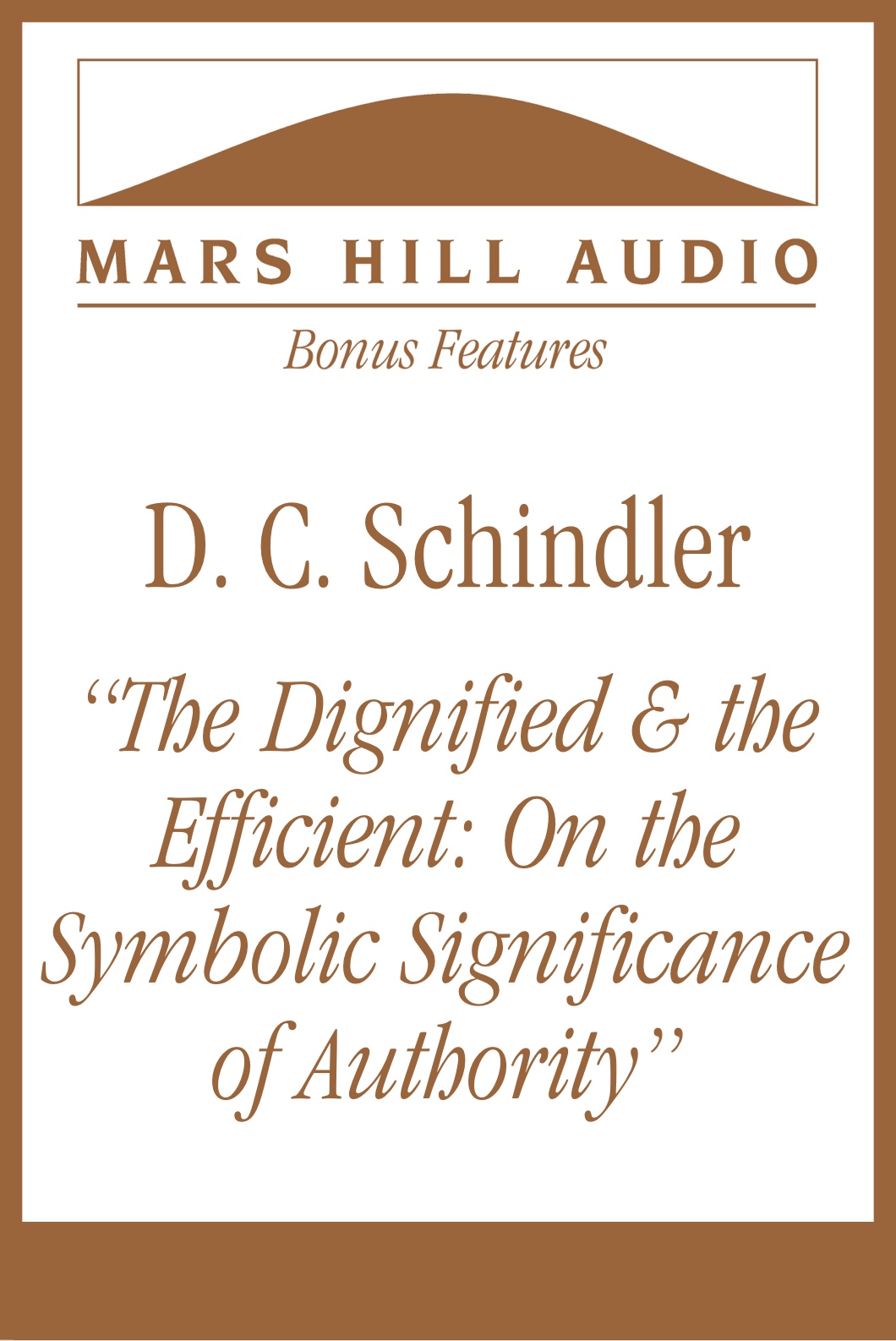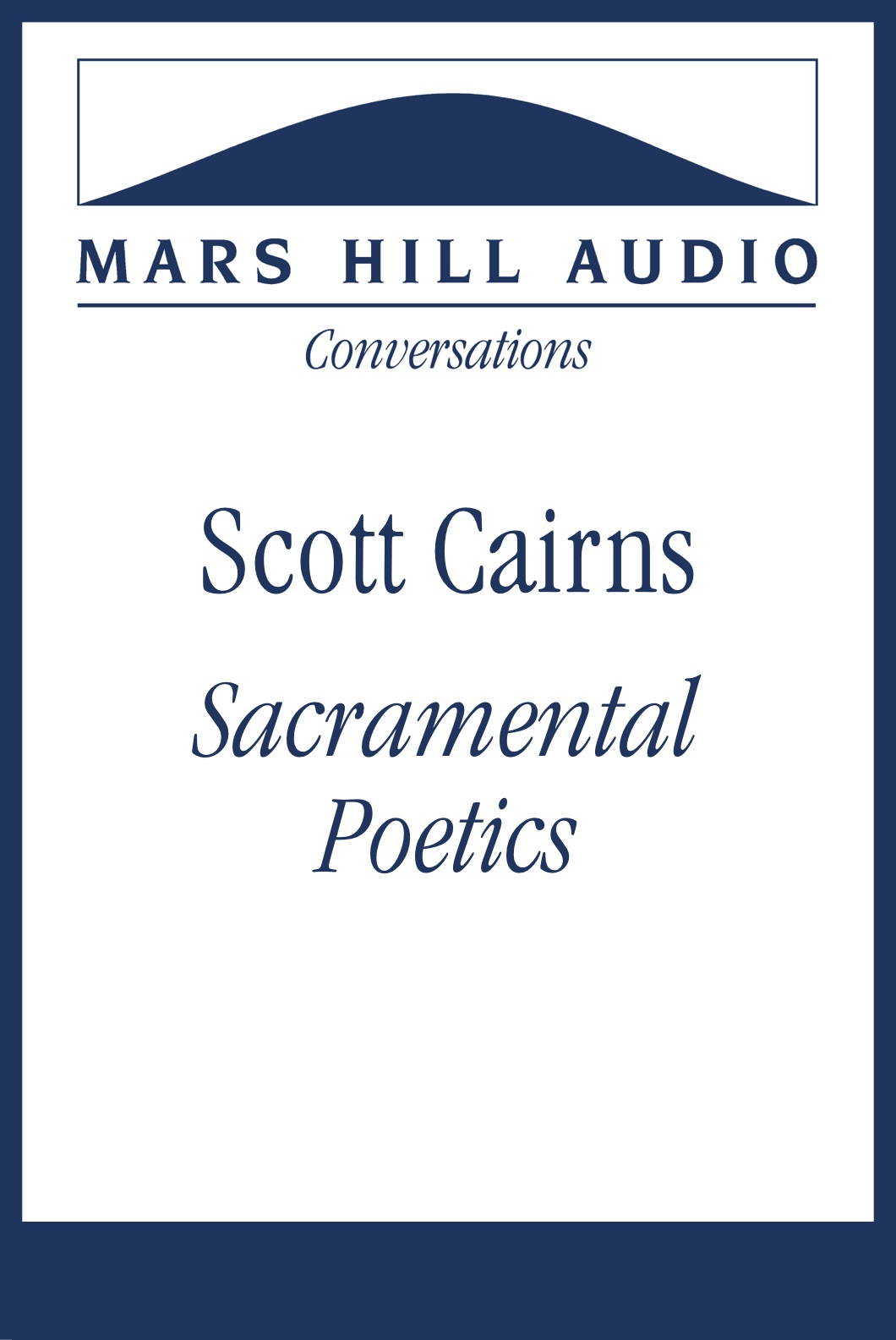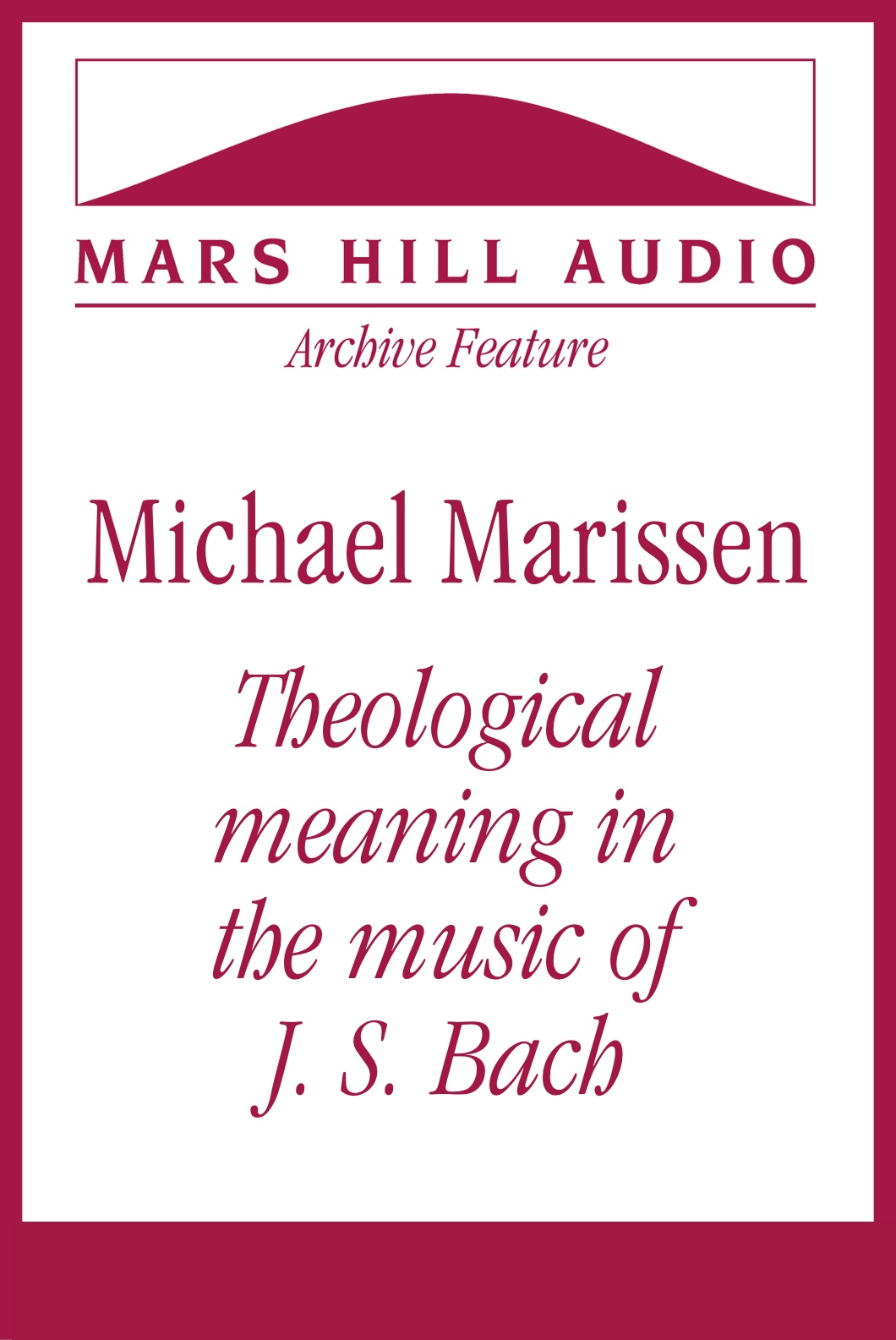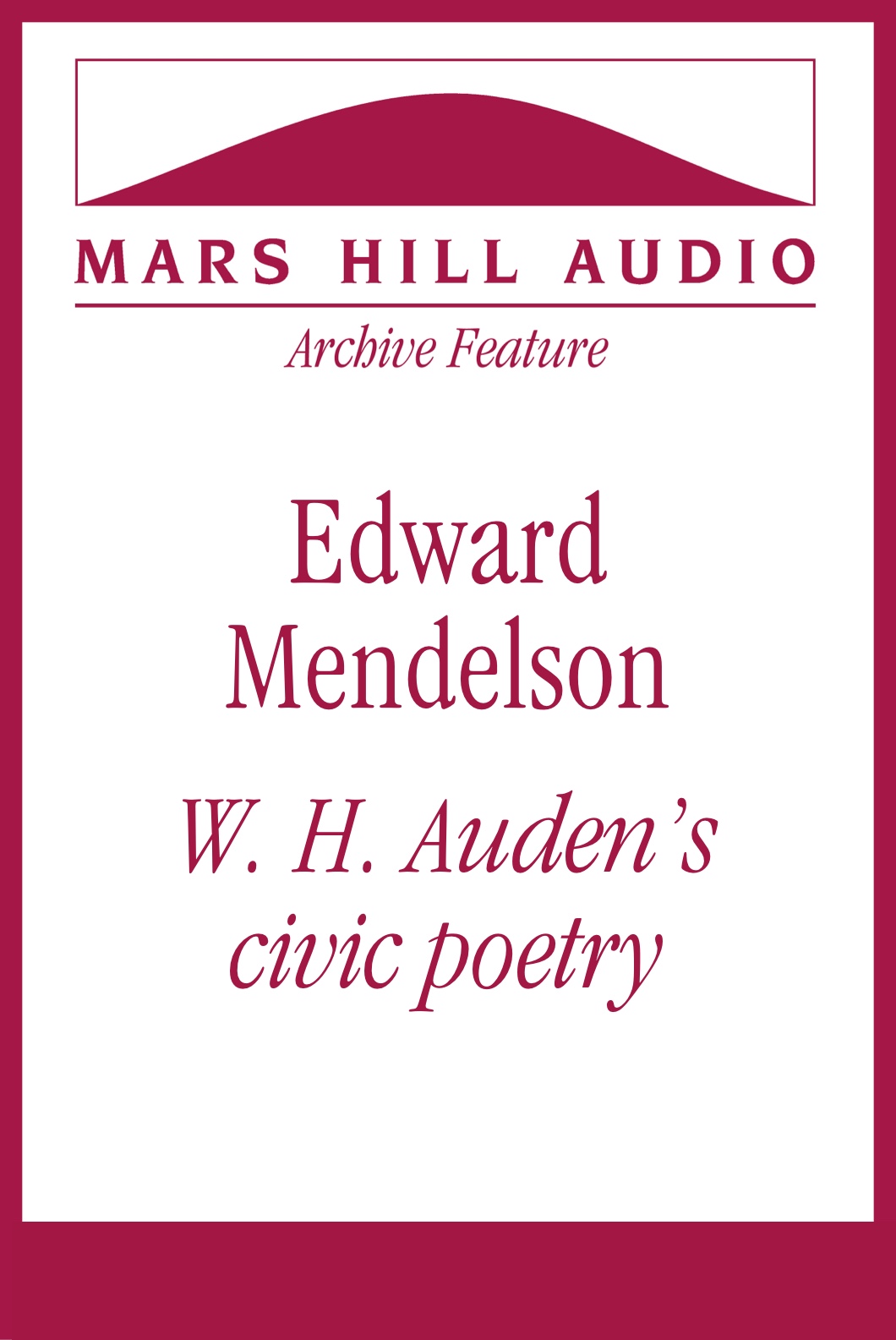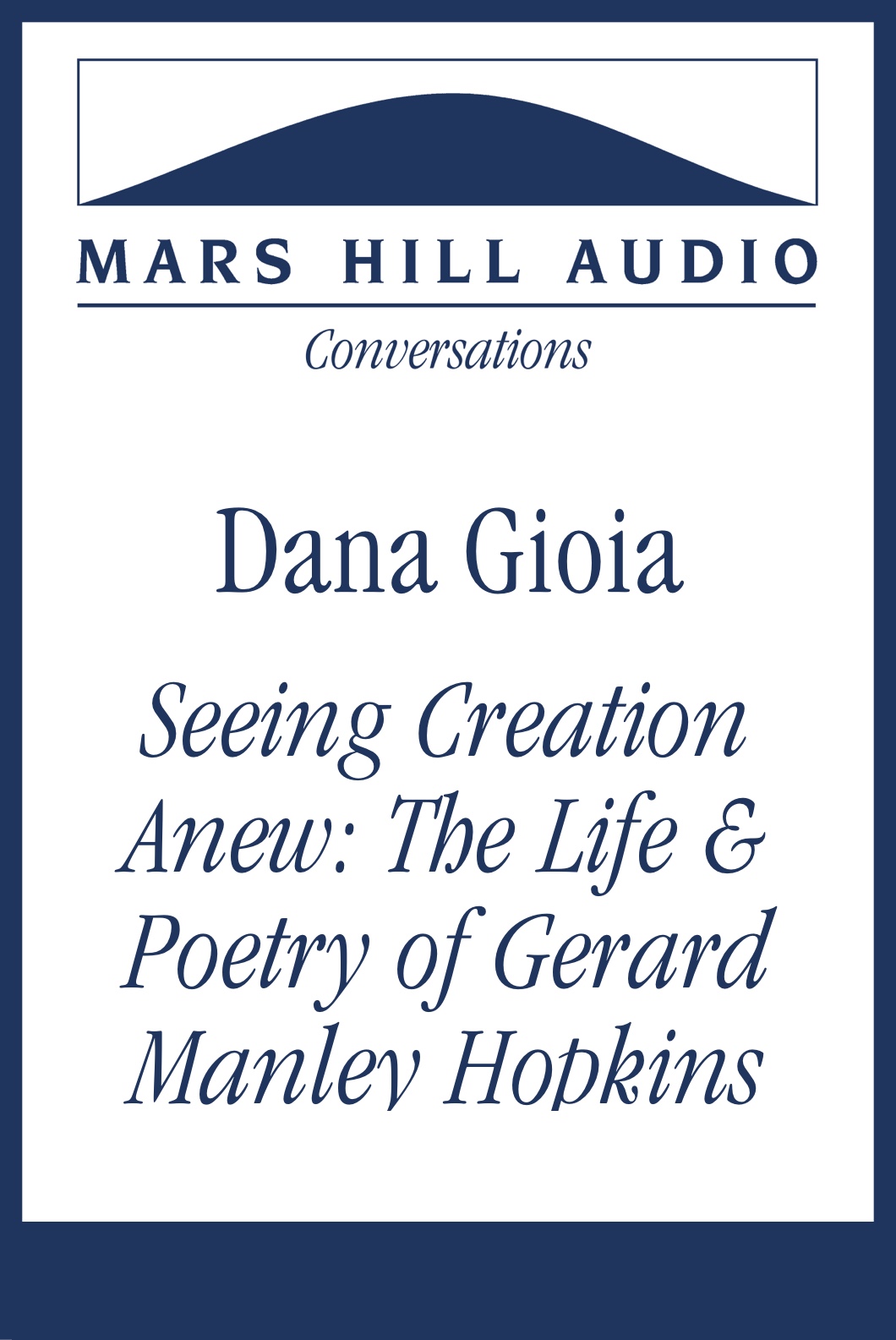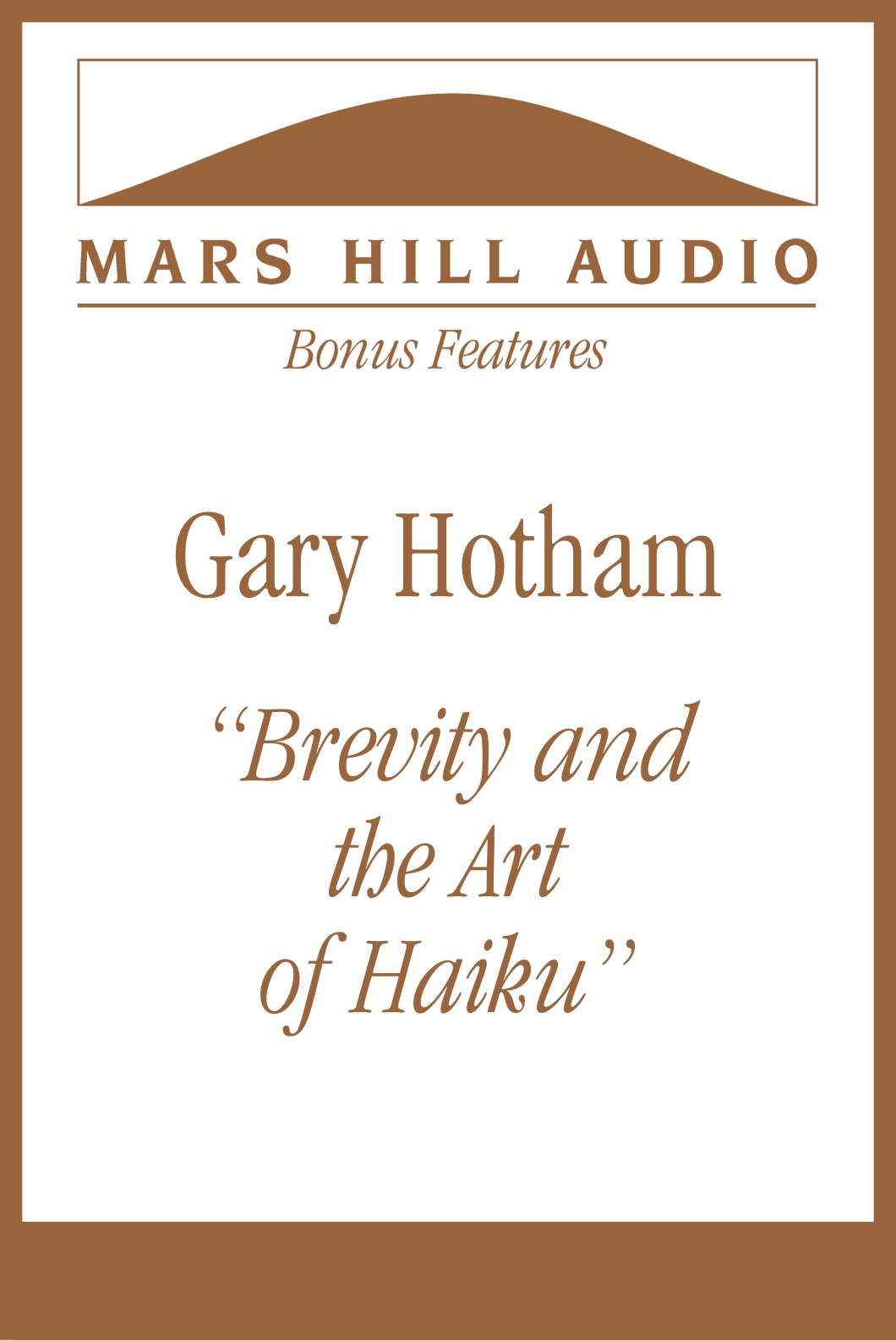Here are the 18 most recent Archive Features, Bonus Features, and Conversations. Members can download and play these programs from the Library screen on their app.
The Transformed Vision of Samuel Taylor Coleridge
Poet Malcolm Guite explores the dramatic and even prophetic parallels between the life of Samuel Taylor Coleridge and that of the titular character in his famous poem “The Rime of the Ancient Mariner.” (59 minutes)
Politics and the good
The collapse of public life
Truth, goodness, and beauty (and why they matter)
The interiority of reality
The dramatic ecstasy of reason
Speaking the word in love
In this lecture, D. C. Schindler examines core insights from Ferdinand Ulrich on the central vocation of man and the meaning of being. (32 minutes)
The profound drama of human sexuality
In this lecture, D. C. Schindler explains the cosmological significance of human sexuality and why it is paradigmatic of the relationship between nature and freedom. (32 minutes)
Personhood and the gift of the self
In this lecture, D. C. Schindler examines the concept of self-gift which was central to Karol Wojtyła’s thought. (39 minutes)
Governments officially committed to ignorance
In this lecture, D. C. Schindler explains why authority, properly understood, is essential to genuinely human life. (39 minutes)
Sacramental Poetics
Poet and Eastern Orthodox believer Scott Cairns explains how a good poem functions like an icon: it assists the process of our becoming aware of what is real, and it is generative in the ways it keeps opening up new understandings. (56 minutes)
Music that conveys spiritual truths
Poetry and piety
A poet’s relationship to time
The life of the city in poetry
Seeing Creation Anew: The Life & Poetry of Gerard Manley Hopkins
Dana Gioia examines Gerard Manley Hopkins‘s poetic genius and dedication to Christ in spite of his personal trials and difficult cultural context. (55 minutes)
“The essence of a moment, clearly perceived”
Haiku poet Gary Hotham reads his poetry and discusses how the form of haiku reveals the connection between creatures and creation. (45 minutes)

